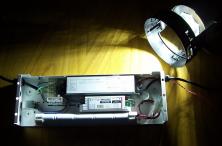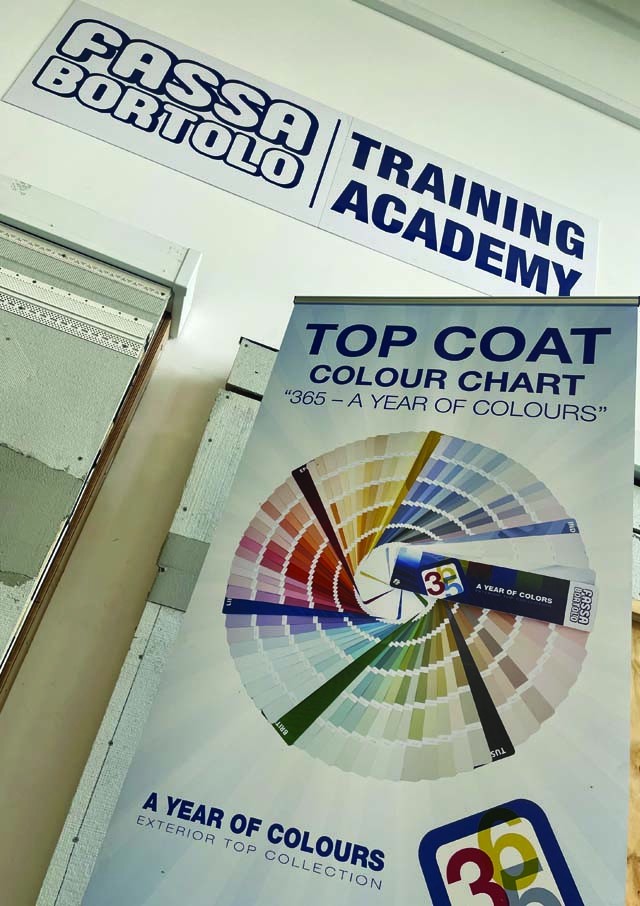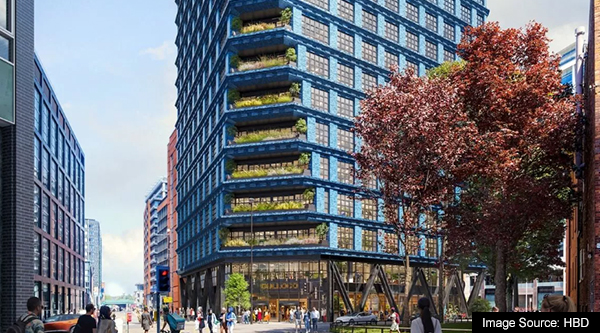If a building emergency occurs, especially fire, fast panic-free evacuation is absolutely crucial, so reliable, good quality emergency lighting to ensure that people can see and that escape routes are properly illuminated, is critical. ICEL, the emergency lighting arm of the Lighting Industry Association (LIA), explains why responsible building owners and managers should be able to demonstrate and comply with legislation, and how the organisation can assist.
Friday 30th March 2012 - The Fire Safety Order (FSO) places considerable responsibility on users of non-domestic premises – such as building owners and managers - to demonstrate that their premises are safe. Today, not only do the installers of emergency lighting systems have to be able to show that the initial installation meets recommendations, but the building owner or occupier via their ‘responsible person’ must also keep it working correctly for the life of the building. As a result, the running, maintenance and testing costs become essential factors in supplying a satisfactory emergency lighting installation to building owners and managers. Designers, installers and maintenance engineers have a new role to play in assisting building users to ensure that their emergency lighting systems adequately protect occupants of buildings. ICEL and BAFE – both non-profit making organisations dedicated to improving standards in fire protection - can assist them with approved products and design information.Lack of an emergency lighting system, or use of an inadequate system, or having a system without acceptable test records, mean that such building owners and managers could be judged by the authorities as not operating in accordance with the legislation.
They are potentially risking the safety of people in the premises concerned, and could find themselves at risk of prosecution. If serious hazards or discrepancies with the standards are found, the authorities have a statutory duty to enforce the FSO. This can involve enforcement or prohibition notices, the latter preventing further use of the premises concerned until the faults are rectified. In more serious cases, e.g. where the breaches result in the risk of death or serious injury in case of fire, the fire and rescue authorities can also prosecute companies or individuals under the legislation. This could lead to heavy fines or even imprisonment. The FSO guides recommend that emergency lighting be designed, installed and maintained to meet the guidance given in British Standard code of practice BS 5266-1, which calls for the products used to meet their appropriate standards. The guides place a responsibility on users to check that designers, installers and maintenance engineers are competent to work on the installation concerned in terms of the FSO. The FSO guides also recommend that those suppliers of services and equipment are third party certified to assist users in demonstrating compliance with Fire Authority recommendations. They further recommend co-operation with manufacturers to enable production of the appropriate documentation, which should include photometric verification for the completion certificate, test records and guidance for users on action in the event of test failures, plus records of all repairs and actions taken until the system is once again fully working. ICEL, which is the leading UK authority on emergency lighting, provides expert advice for those seeking it, including compliance with the regulations, such as the FSO. ICEL advice, and the use of ICEL members’ expertise can help to reduce specification risks. Where ICEL approved products are used, then it means that the emergency lighting luminaires’ performance has been independently confirmed. ICEL 1001 - The ICEL Scheme of Product and Authenticated Photometric Data Registration for Emergency Lighting, Luminaires and Conversion Modules – is a supporting document.
Emergency lighting manufacturers that are ICEL member companies can provide the following benefits for building owners and managers:
· Equipment that meets the latest product standards (BS EN 60598-2-22 etc)
· Design guidance to meet application standards, ranging from easy-to-use spacing tables to detailed computer design data
· The best possible service in the supply of replacement components and luminaires.
Testing guidance and systems to enable the provision of an appropriate system for users’ operating requirements. ICEL also works with BAFE, supporting the organisation in its provision to designers, installers, maintainers and users of third party accreditation of their competence in respect of emergency lighting design, installation and on-going maintenance. Using the services of such accredited organisations and people is another assurance for building owners and operators.




















